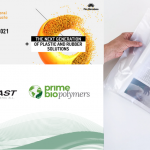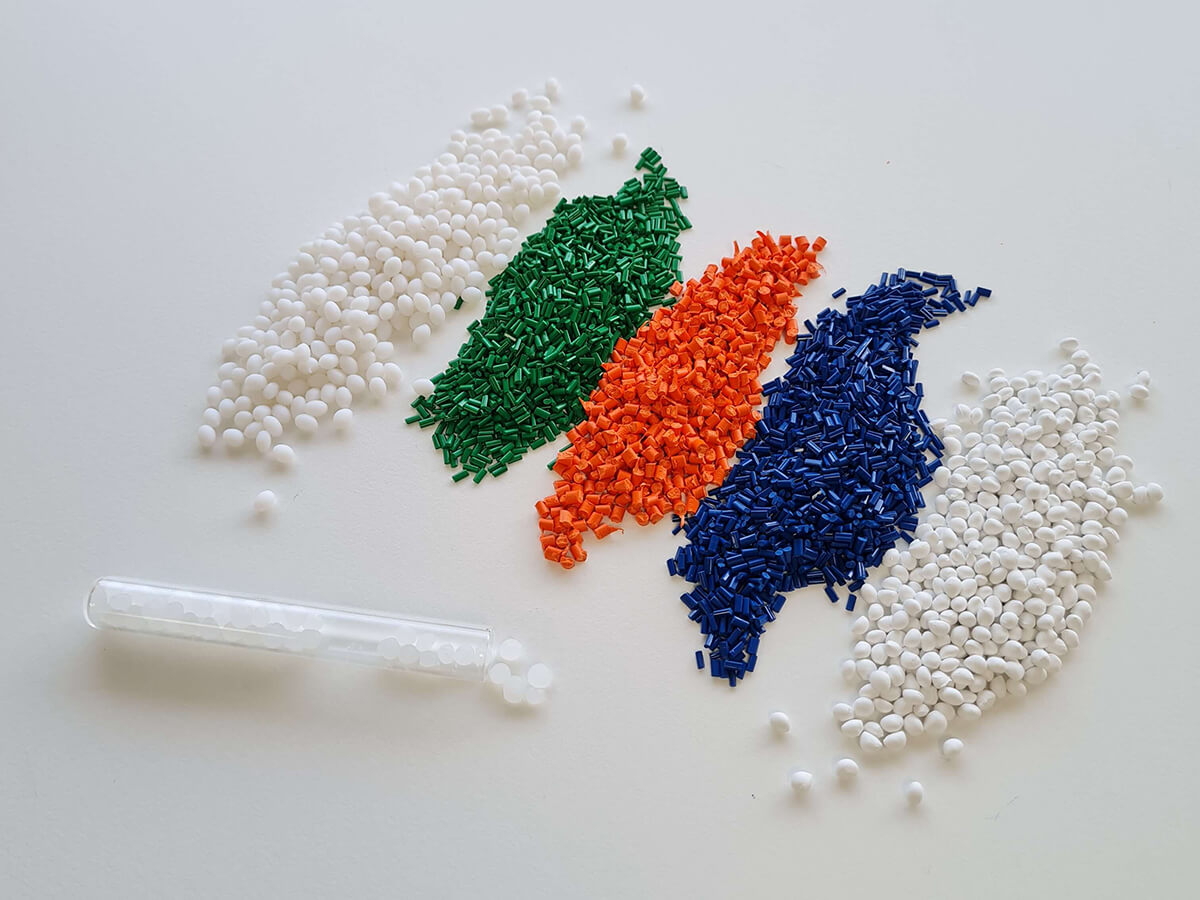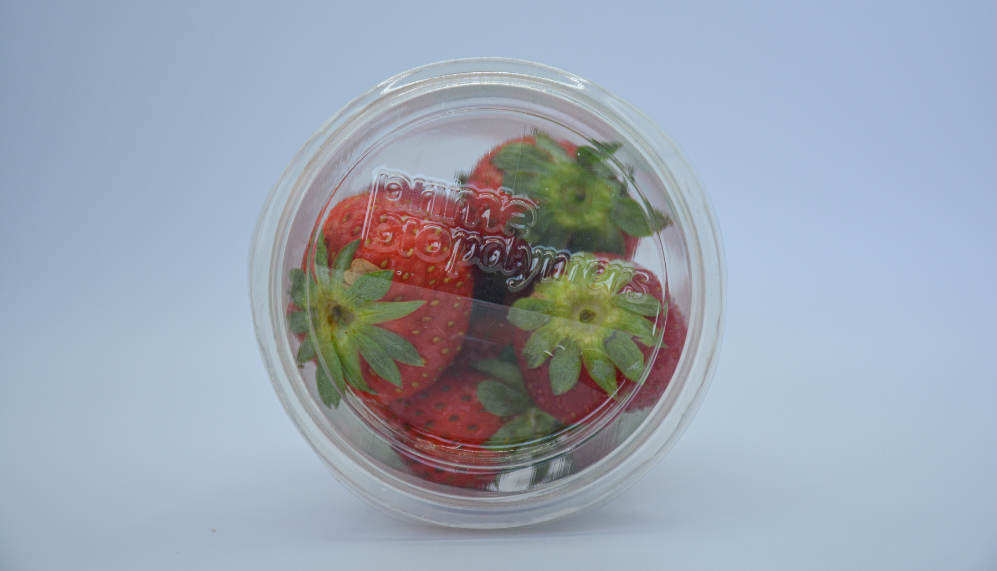
Compostable fruit packaging
Due to the growing demand for sustainable solutions in the packaging sector, at Prime Biopolymers we continue to search for sustainable applications where our materials can bring added value to the plastic industry. In this case, compostable fruit containers.
Once again, we have managed to provide a very useful and definitive application. In particular, it is packaging containing fresh, organic and perishable products. In this way, the biodegradability of the packaging does not affect the date of consumption of the food inside it.
Compostable fruit packaging: really sustainable
The bioplastic grade ZIMIA X321 is a biobased material. It means that its monomers come from natural resources, such as corn or sugar cane, and not from fossil sources such as oil.
In addition, it is a degree of compostable bioplastic. This means that when biodegraded, it is converted into fertilizer, CO2 and water, under the conditions set by standard EN13432.
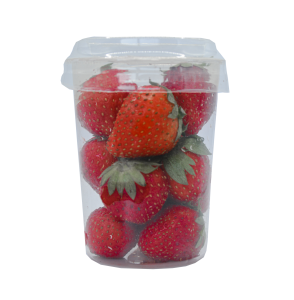
A compostable material with different applications
ZIMIA X321 had previously been validated for the manufacture of compostable meat trays. This is a clear example of an application where compostables add value. Packaging containing organic waste makes recycling less feasible.
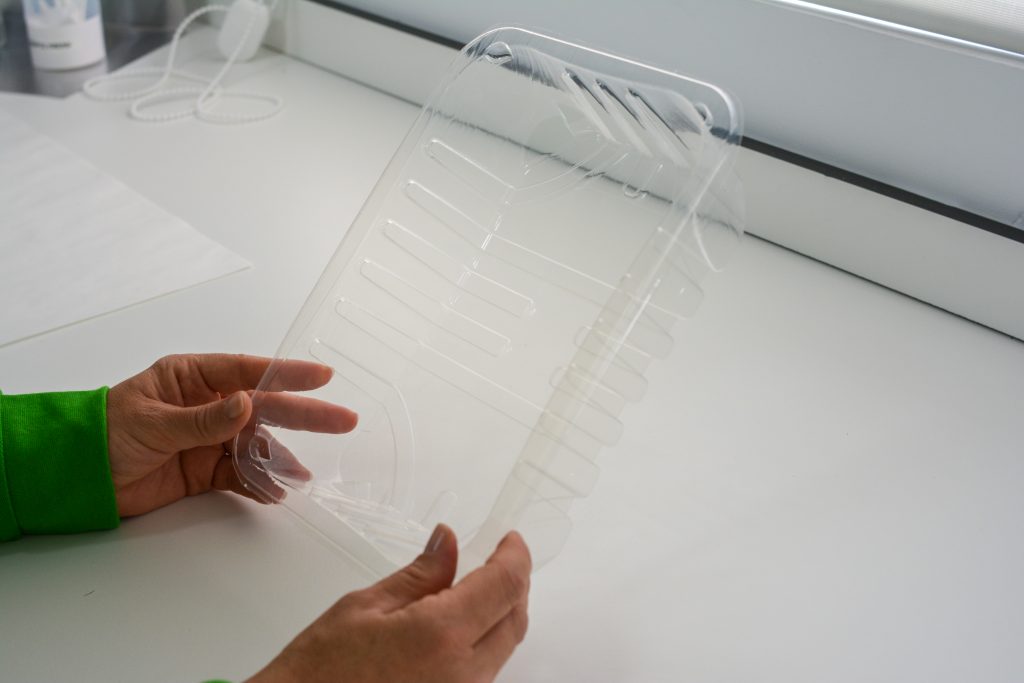
The new application of fruit packaging ensures that it is a very suitable material for those applications that require great transparency and impact resistance.
“We demonstrate that there are readily applicable manufacturing alternatives that are more sustainable. Moreover, they really do respond to the new environmental concerns of the consumer”
Manuel Suárez, Director of Prime Biopolymers
As if all the above were not enough, the degree of bioplastic ZIMIA X321 has already shown with its different applications that it is a material that does not generate difficulties when being processed by conventional machinery. This shows that there are no longer excuses for packaging companies to join the sustainable revolution of the plastics industry.




